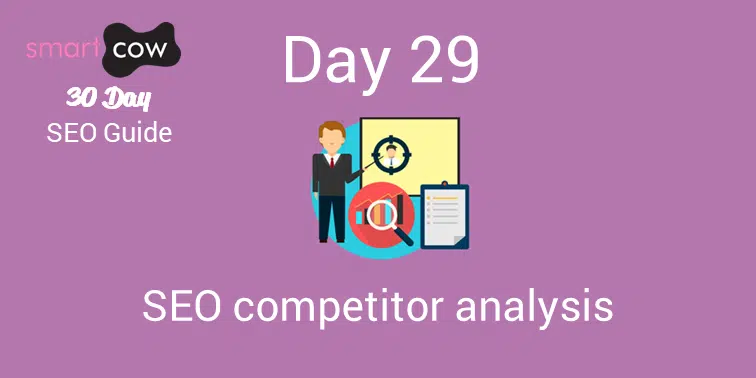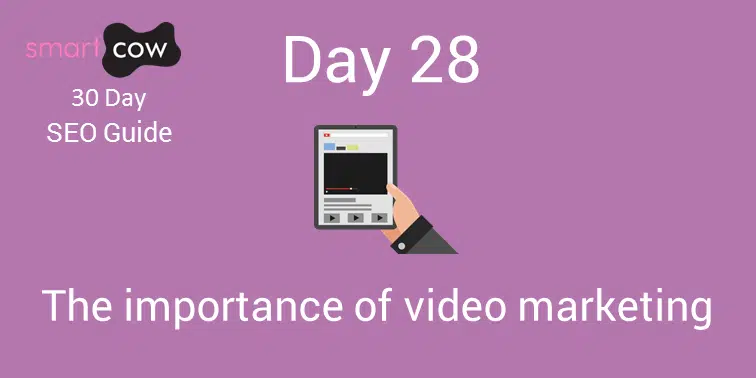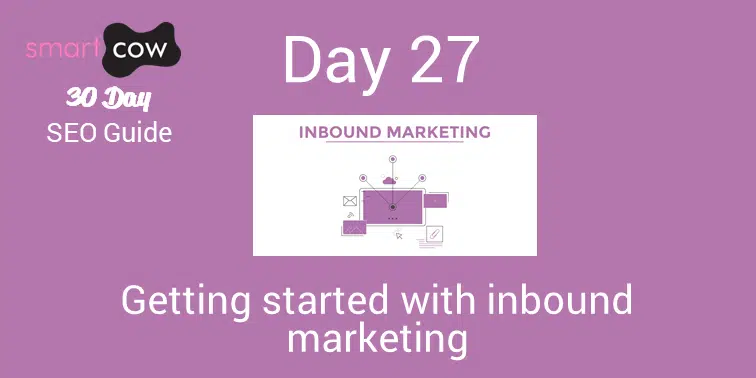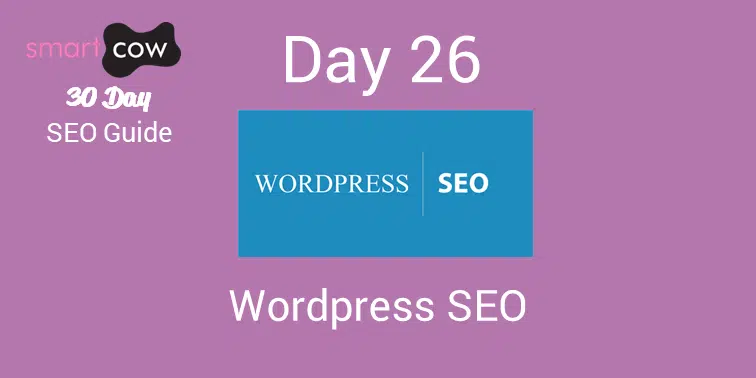Recently, we ordered a new stabiliser for our Nikon DSLR to start shooting videos for our clients in Croydon. We’ve already started providing animated video and we’re excited to venture into film making.
You may have noticed a lot more video appearing across the web over the last couple of years, this is mainly due to the rise and the popularity of social media sites such as Facebook and Instagram allowing us to view video content whenever we want, wherever we want. As a marketer, video as a tool enables you to engage with your customers on an entirely new level, more than any other media has allowed you in the past. The rest of this article is going to cover in more depth, why video is such an important tool in online marketing.
Video is more persuasive
The main reason video is more persuasive as a tool than other types of content is your brain requires emotional input to make decisions. Currently there is no better method of conveying emotion than video.
Video caters to the brain’s visual and auditory systems, picking up on clues like body language, facial expressions, imagery and music. These will influence a person’s choices and actions.
Studies have shown that over 80% of people say they are more likely to buy a product or service after watching a video.
Video builds trust & credibility more effectively
Seeing another person on our screens connects you with them on a human level. It is the basis on which we build trust. Video enables you to engage with your audience, allowing you to reinforce your message using eye ‘contact’ and phrasing that lets you clarify your intention. They can see you, share your emotions and develop a relationship with you.
Search engines love video content
Search engines are a maze of intelligent algorithms trying to determine which content is best to rank in which position, they work out which websites have the most engaging content and rank this above the competitors, and nothing boosts engagement like video.
In fact, research has found that including video on a web page makes it 53x more likely to appear on the first page of Google. While those statistics are always changing, the principle remains consistent – Video increases the searchability of your content.
Video pages send strong ‘indicators to relevance’ to search engines like Google, which boosts the search rank of your content. Some of those tangible benefits for SEO include:
• Doubled time-on-page
• 3x more natural external links
• 200-300% more unique monthly sales
• 41% higher click-through rates from search
Video vastly improves email marketing campaigns
Email marketing remains one of the most effective marketing tactics out there. Marketers consistently rank email as having a higher return on investment (ROI) than any other marketing strategy, followed closely by SEO.
But what if you could double, or even triple the results of your email marketing campaign?
That’s what video does. It can increase email click-through rates by 200-300%, ensuring that your email campaigns get the highest ROI possible.
Content marketing agency
As a digital marketing agency in Croydon, Smart Cow Marketing can help your business grow with a content marketing strategy tailored to your requirements. If you need support in creating content for your business, get in touch with Smart Cow Marketing to discuss your needs further.



